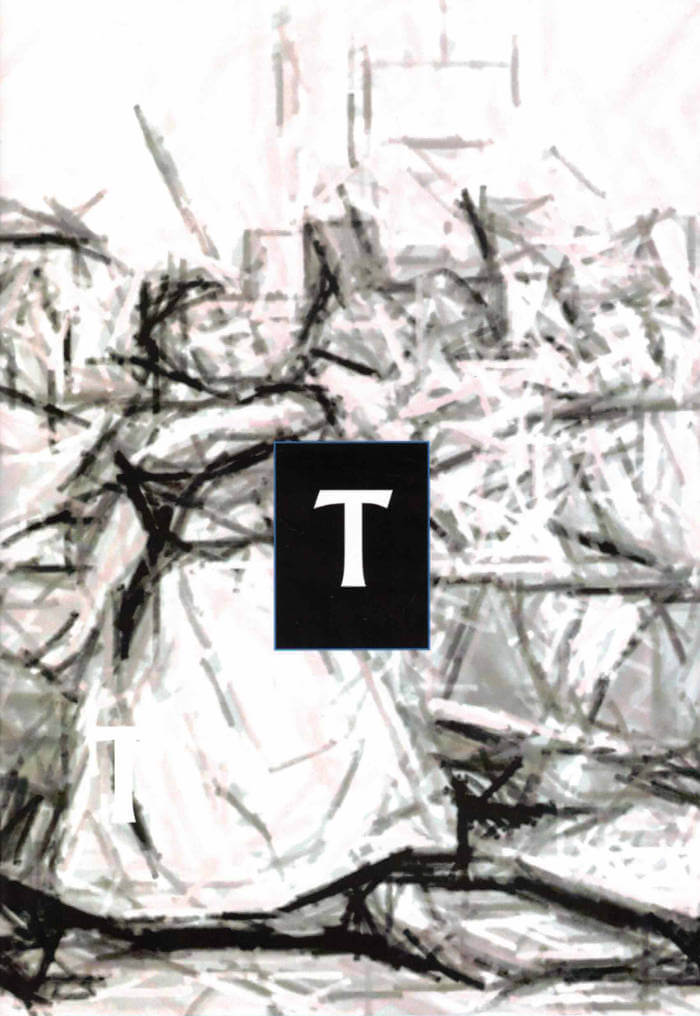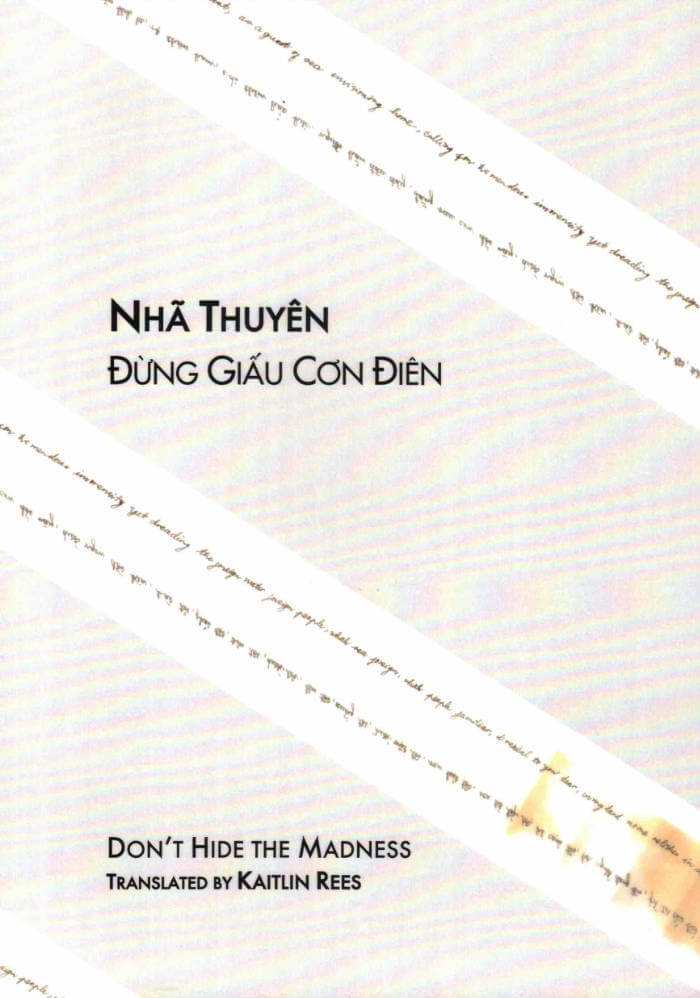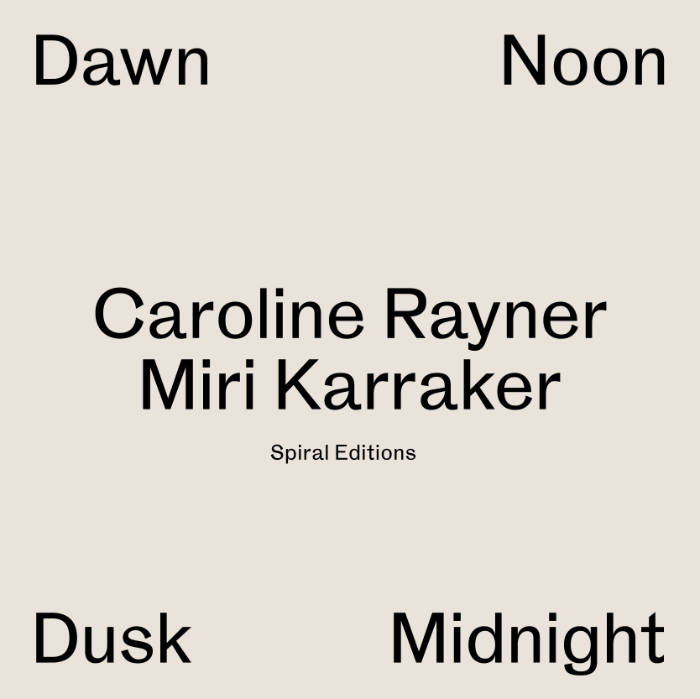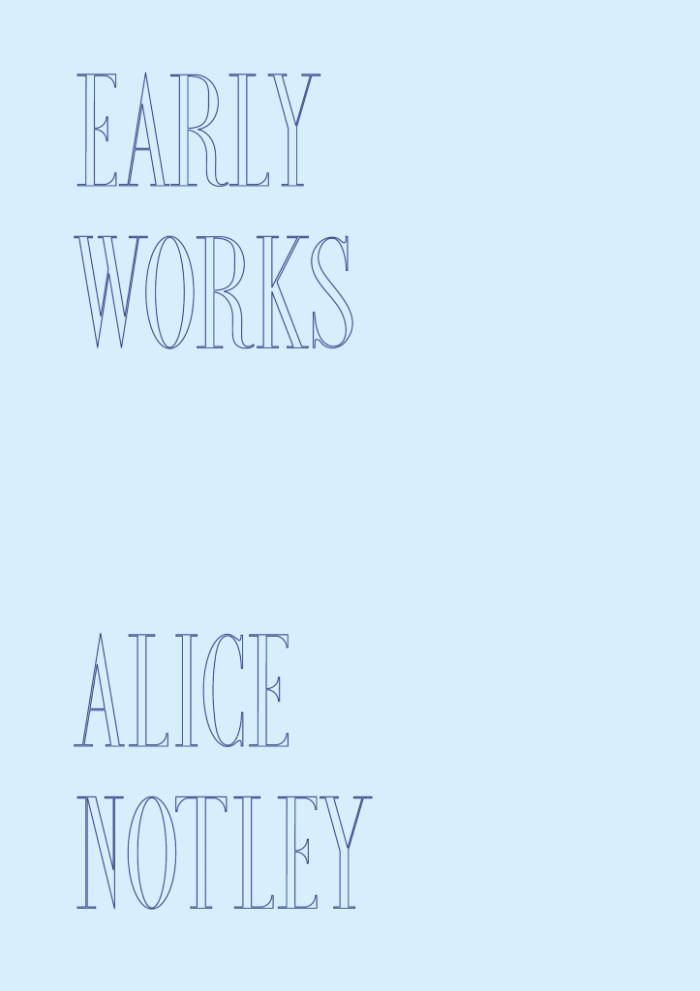
Songhai!
Askia Touré was there at the birth of the Black Arts Movement. He was there at the birth of Black Power. In the era of decolonisation, Touré’s visionary poems and essays spoke powerfully to the Tricontinental struggle against the forces of colonialism and white supremacy in Latin America, Asia and Africa. They continue to speak to this struggle today. This 50th anniversary edition of Touré’s visionary 1972 book Songhai! is his first UK book publication and provides a powerful guide to the states and stages of Black radical politics not only during and up to 1972, but into our uncertain future.
Reprinted with a new foreword and original preface by Askia Touré, original introduction by John Oliver Killens, and a new introduction by David Grundy. Illustrations by Abdul Rahman.
Askia Touré is one of the pioneers of the Black Arts / Black Aesthetics movement and the Africana Studies movement. Ishmael Reed has called Touré “the unsung poet laureate of cosmopolitan Black Nationalism.” His poetry has been published across the United States and internationally, including in Paris, Rome, India, and The People’s Republic of China. His books include From the Pyramids to the Projects, winner of the 1989 American Book Award for Literature; African Affirmations: Songs for Patriots: New Poems, 1994 to 2004, and Mother Earth Responds. In 1996, he was awarded the prestigious Gwendolyn Brooks Lifetime Achievement award from the Gwendolyn Brooks Institute in Chicago. Now based in Massachusetts, since August 2019, Mr. Touré has been reading with the Makanda Orchestra, beginning with a celebration of the South African musician Ndikho Xaba.







